If you want to increase your credit score, you need to find away to remove the derogatory marks that are on your credit report.
There are several ways to remove derogatory marks on your credit. You can:
You must follow different steps depending on how you want to remove negative information from your credit. Keep reading to find out which method is best for you.
Waiting for negative information to fall off your credit report can take years. Derogatory information stays on your report for seven years from the last date of activity on the account.
While the damaging information is on your report, it will impact your credit score. However, it will have the most significant impact on your credit profile for the 24 months following the negative information.
When you have chargeoffs or accounts in collections, you have the option of paying off those accounts. After you settle the debt, the creditor will report the information to the bureaus, removing the derogatory information from your credit report.
After you pay off an account, your credit report should reflect the change within a month or two in most cases as long as the account servicer reports the information promptly.
A letter of goodwill is a formal notice in which you ask a lender to remove a late payment. Companies are generally willing to work with you if you usually pay your bills on time and have a positive account history.
However, you can not make a habit of sending goodwill letters because they usually only work as an occasional courtesy. Your letter does not need to be long, but it does need to include information like:
Then, you need to explain why you fell behind on the account and ask the lender if they would be willing to remove the negative information. It can also help you to tell the creditor how long you have been a customer, and if there is a reason you need the mark removed, you can include that, as well.
For example, if you are trying to qualify to refinance your mortgage loan, but the late payment is preventing you from doing that, you may want to include that in the letter.
If you have inaccurate information on your credit report, you can file a dispute directly with the credit reporting agencies. Credit bureaus have thirty days to complete an investigation after you submit a dispute. If the creditor does not verify the information during that timeframe, they remove the information from your account.
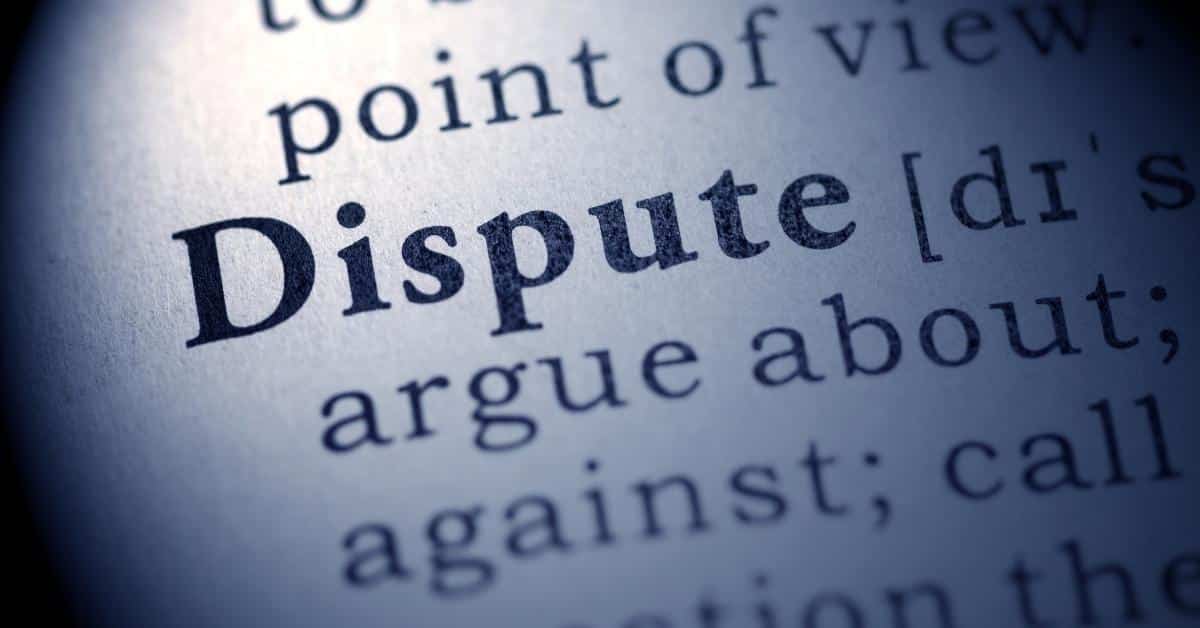
When you dispute information on your credit report, you must file a notification with each credit bureau. You can do so on each credit agency website, or you can send a 609 Letter of Dispute to each. The three agencies do not share data or remove information just because one of the other credit bureaus did.
Due to each agency conducting a separate investigation, one credit agency may remove a debt while the other two may not. It is not a great idea to dispute valid information, though.
If the creditor verifies the account, it can reset the clock on that debt. It could take another seven years from the date the creditor verifies the account for the negative information to come off your credit report.
Disputing information on your credit report does not adversely affect your credit. However, the outcome of the dispute may impact your score. So, it is essential to proceed with caution when filing credit disputes.
Savvy consumers know that it is necessary to remove derogatory marks on your credit from time to time. It is also a good idea to check your credit report regularly to ensure that it does not contain any incorrect data.
If you find information about fraudulent credit accounts, you should immediately file a dispute with all three credit bureaus. If an account that belongs to you has inaccurate reports, you can contact the lender directly to request that they correct data like incorrect late payments and account balances.
Your best option for chargeoff accounts and collections may be to settle with the creditor. While late payments will still appear on your credit report in some cases, paying a chargeoff is always better than leaving it on your report unless the debt is scheduled to come off your report soon.
Knowing how to build credit when you have no credit history is something everyone needs to know. Unfortunately, many Americans do not know how to build a positive credit history or do not think about it until they need to use their credit.
Not having a credit history when you need to rent an apartment or want to buy a car or home is extremely frustrating. So, we created a guide to help you build credit, even if you have no previous history.
In it, you will learn how long it takes to establish credit, how to review your credit profile, how to build credit, what a good credit score is, and much more!
Three major credit bureaus, Experian, Transunion, and Equifax, all report consumer credit usage. Banks use FICO, which analyzes all three credit bureaus and issues different scores using the information.
FICO offers scores in different areas, some of which consider the overall scores from all three bureaus and others that provide separate FICO scores for each bureau. There are also FICO scores for bank cards, car loans, home loans, and other types of credit, and each lender may use a different FICO score to determine a consumer's ability to repay loans.
Your scores may vary significantly depending on the information available from each bureau. That is because all lenders do not report to each credit bureau. The information each lender uses to determine whether a borrower is trustworthy also varies depending on the lender's protocols and the type of loan you want.
Established credit is a history of credit usage. Initially, you may have one or two scores but lack a FICO 8 score which is what most lenders look at when they decide whether to lend to you. Usually, you need at least six to twelve months of credit history or more to generate a FICO 8 score, and you typically need a mix of credit accounts to generate this score.
Even if you have had a credit history previously, you may have no history now if you have not used credit in a long time. So, having no credit history is not an issue specific to new credit users.
Building a credit profile can be stressful when you have not used credit in a long time. You do not want to do anything to impact your credit negatively. However, you have to use credit to get a score.
When a bank looks at your credit profile and sees that you have not used credit, they are less likely to lend to you than if they see that you have a 'thin credit profile.'
A lender may also tell you that you have no credit history even after using credit if you apply for a new credit type. For example, FICO gives lenders several different scores based on each credit bureau's data. Some FICO scores available to lenders include auto, home, and credit card scores.
When you are starting to build a credit history, you will have a lower score even if you are properly managing your credit.
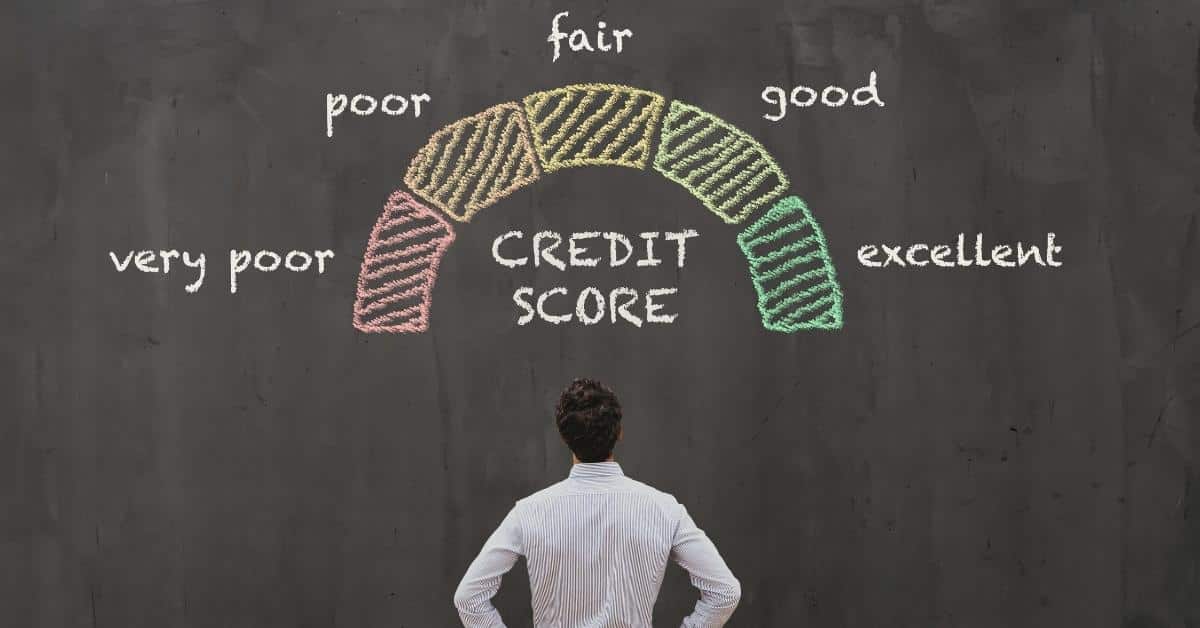
The credit scoring models consider many factors, like:
So, it takes time to build a high score. Score ratings also differ depending on the type you are looking at. For example, Vantage scores ratings are as follows:
FICO score ratings are similar, but they do differ some, as you can see below:
Before you start using credit, you may not have a score. You can also have a score on one bureau and lack a score on the others.
While you may think it would be better to have no credit than bad credit, lenders prefer that you have some credit because they can better tell if you will repay your loan.
Credit allows you to buy things and pay for them over time. When you have bad credit, some lenders will not loan you money. Those who do charge higher interest rates, and that isn't the only compelling reason to have good credit.
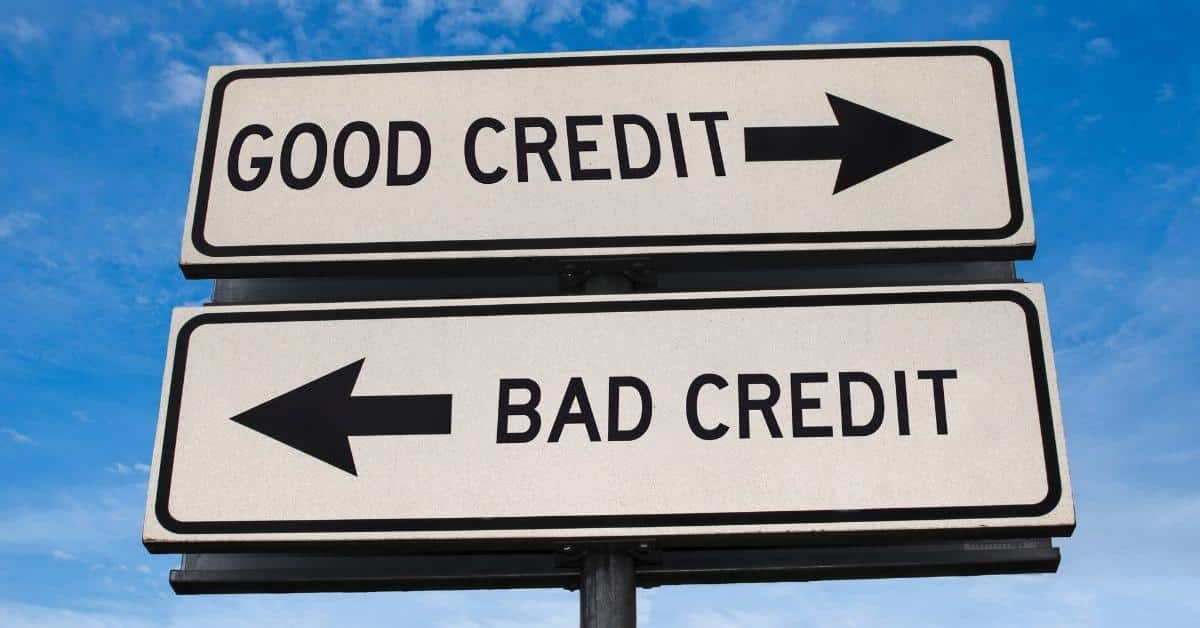
That means it costs you more to make large purchases than someone with positive credit. Just a slight increase in the interest rates of your loans can make a huge difference. The better your credit is, the more likely lenders will give you a reasonable interest rate on loans. Many lenders even offer interest-free loans if you have good credit.
The ability to borrow money at low or no interest helps you save money. You can save thousands of dollars over the life of a loan with a low-interest rate. You will pay thousands of dollars more to borrow the same amount at a high rate.
Many employers check credit reports when you apply for a job. In some fields, your credit may not impact you significantly. However, companies are more critical of your credit profile if you plan to get a job in banking, finance, real estate, or other industries where you handle a lot of money.
If you are not paying your bills on time, you must submit written reasons for each late payment. These organizations view employees with late payments as higher -risk. These company policies follow the theory that an employee in debt is more likely to steal if they are put in a position to do so.
Insurance companies usually check your credit when you request an insurance quote. The better your credit is, the lower the rates they offer.
If you have bad credit, utility companies usually require large initial deposits. Some of the companies that may require an initial deposit include:
Not having credit can prevent you from getting approved for housing. Apartment complexes and landlords check your credit before they approve you. If you do not have credit, the landlord may deny your application or require you to pay an extra deposit, or have a co-signer guarantee your lease.
Before you start trying to build credit, you need to review your credit report. Even if you do not think you have used credit, you may have something on your credit report. So, the first thing you need to do is check your report.
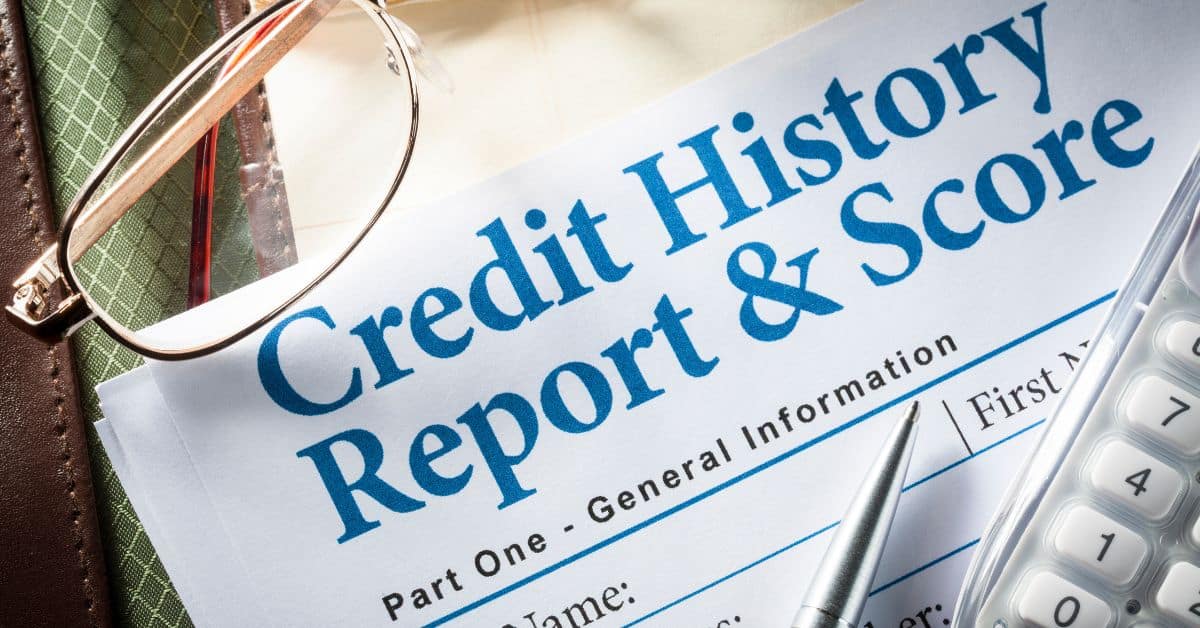
There are several free sites that you can use to receive a free credit report, like annualcreditreport.com. You can also signup for free credit-building apps that give you access to Vantage scores. Vantage scores are similar to your FICO score but usually slightly off.
It is also possible for you to have a Vantage score and not a FICO score.
There are a few initial steps you can take to build credit. Where you start depends on your specific situation.
If your family has good credit, you can ask to be added as an authorized user on one of their credit cards. However, you will want to make sure that if you do this, you choose someone who has good credit and is responsible for using it because their credit usage for the card you are authorized to use will appear on your credit report.
One of the easiest ways to start using credit is to apply for a secured credit card. Most major banks offer these cards, which work just like a traditional credit card but require an initial down payment.
Store cards are sometimes easier to get. However, you want to be very careful with store cards. These cards are not reported to the credit bureau the same way as traditional credit cards.
So, it is crucial to pay these cards off as you use them. Many store cards do not report your credit limit. They only report your high balance. So, if you have a $5,000 limit and charge $500, the high balance will be $500 until you pay it off.
The card issuer may not report that you have a $5,000 limit. So, when a lender pulls your credit report, it appears that you have a $500 credit limit.
There are ways that you can have your rental payments reported to the credit bureaus. One way is to sign up for Experian Boost. Then, pay your landlord through Zelle. After a few months, the payments should appear in the Experian Boost feature.
You can add them to boost your credit score along with other bills like your:
It can be even more challenging if you are still living at home because you do not have bills in your name. However, you can put a few bills in your name to start building credit.
Even bills like cable, internet, cell phones, and even Netflix help to give you some credit history.
You build good credit over time. There are different ways to start building credit. However, a well-rounded credit profile consists of different account types, accounts that have been open for years, and a substantial credit payment history.
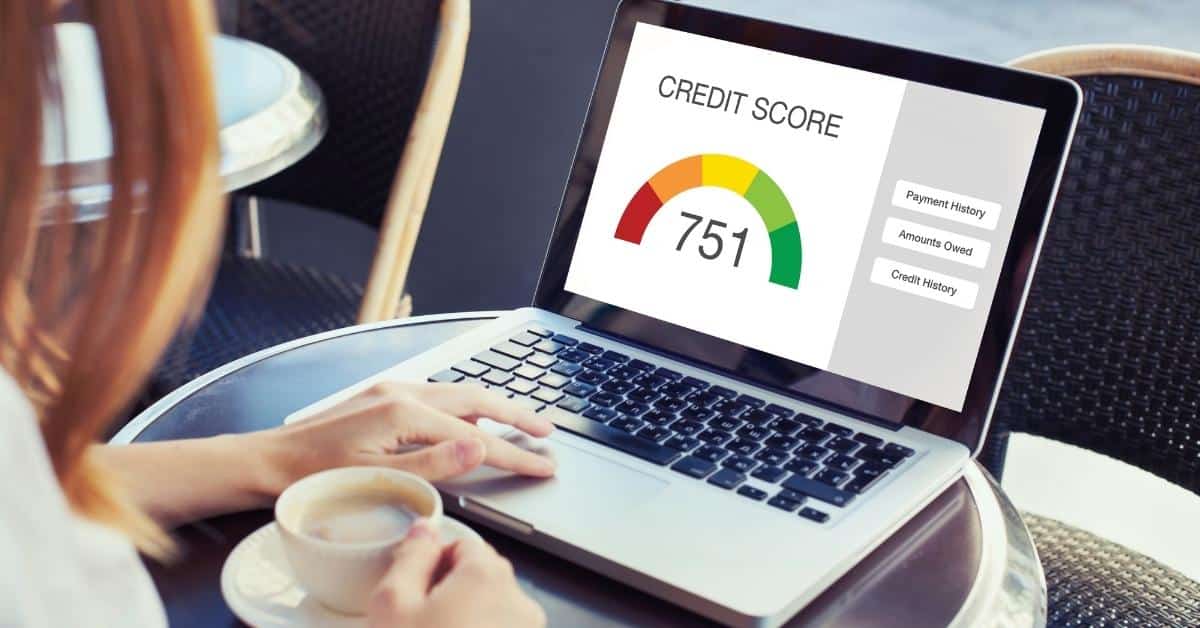
The longevity of accounts is vital if you want to achieve an excellent credit rating. In fact, it is the only way.
You need to have some accounts that you keep active for a long time. You also need to make sure that you do not close any credit cards you have had for many years, as your credit score will take an immediate hit that may take months or years to recover.
The threat of closed accounts harming your scores prompts many credit advisors to instruct clients to keep credit balances on their cards. It is not a bad practice and prevents issuers from closing your accounts due to inactivity. However, when you first learn how to build credit, do not worry too much about banks closing your cards due to inactivity.
Having one line of credit may give you a score. However, it may take a long time to establish credit that way. Banks want to see a mix of account types in your credit profile.
So, it is a good idea to have a few credit cards, at least two to three. With a few major credit cards, a couple of utility bills, and an auto loan or rental payments reported, you will have an excellent account mix that should give you a score in all areas.
Your payment history is extremely important, especially for the past 24 months. So, you want to make all payments on time.
Your payment history makes up the most significant portion of your score, impacting your credit for the most time. For example, you can pay down cards and raise your credit score within a month or two.
However, if you have late or missed loan or credit card payments, they will significantly impact your score for at least 24 months. Even a few late payments can bring your score down considerably for years.
Having credit and not using it will not get you far with lenders. They want to see that you can manage using credit. So, keeping a small balance on cards is a good idea.
However, if you have trouble managing a small balance, you can pay your cards off each month. Another thing you need to be mindful of is the amount you charge on your cards.
Banks want to see that you use your credit, but not too much. Even if you pay your bill monthly, charging your credit cards to the maximum allowed will negatively affect your credit scores.
Banks often report your payment on time but take a week or more to report the correct card balance. If you charge $500 on a card with a $750 credit limit, your bank may report the card as current if you make a payment, but they may not report the decrease in your extended credit. So, if you apply for credit, the bank would see that you owe $500 out of your total credit of $750, which doesn't look good to lenders.
You need to have accounts open for years to achieve excellent credit. One way to overcome the longevity of accounts required for achieving a higher credit score is to be added as an authorized user to an account with a long history.
You need to leave your credit accounts open when you start using your credit. Banks will often close accounts that are not actively used. So, making frequent purchases with your cards or leaving a small balance is a good idea.
You can start establishing credit within a few months if you open a couple of secured cards and other bills in your name. If you want to buy a home, having an auto loan or rental payments reported to the major credit bureaus will also help.
You can plan for it to take between 12 and 24 months to build enough credit to get favorable rates on significant purchases.
Building credit is vital, and missing even one payment can affect your score for years. So, it helps to have a few tips from a trusted credit education source to ensure you are correctly managing your credit.
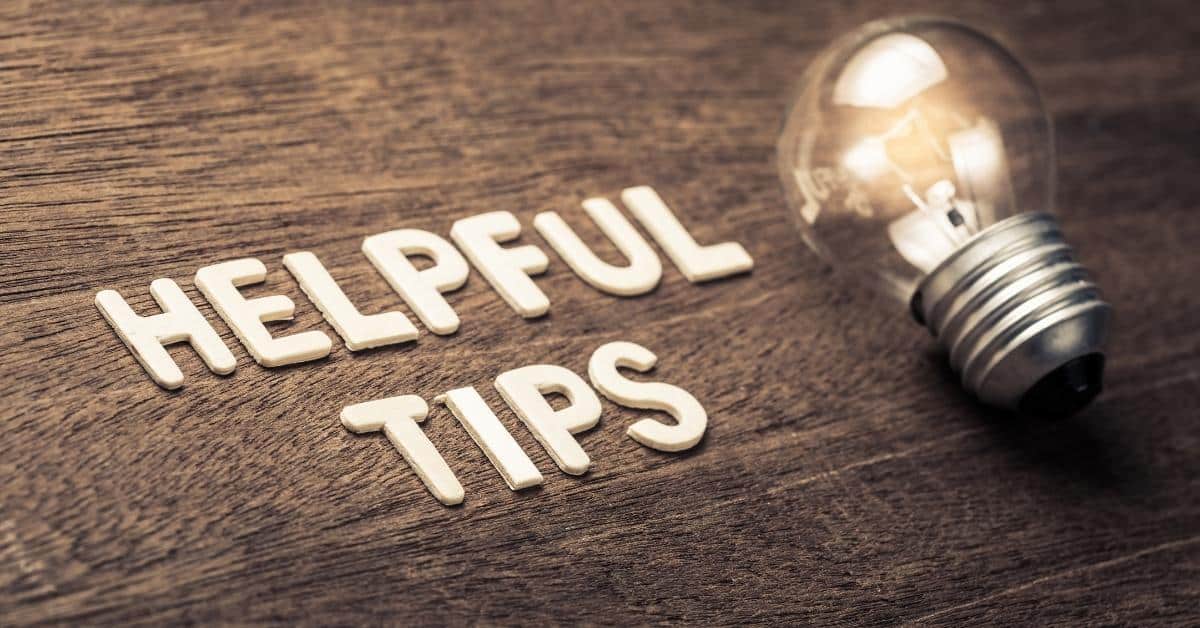
Many people get in a rush to build their credit and over-extend themselves. It is easy to use credit when you have it. You do not want to start your life with substantial debt, though. So, it is best to add credit to your profile slowly. Practice managing each credit account responsibly before you add another.
When you start using credit cards, learning how to pay your payments on time is crucial. Being over diligent is better than dealing with the long-term effect of slow payments.
Your total consumer debt, including auto payments, should not exceed ten percent of your annual salary.
Building positive credit takes n and responsibility. Letting someone else use your credit or co-sign for them can impact you for years. So, be extremely careful when you use your credit to help anyone.
Credit scoring models can be challenging to understand. There are numerous things credit scoring models factor. To better understand how credit works, look at the answers to these frequently asked questions by people trying to build their credit.
Lenders often offer students credit cards that they do not offer to people with similar credit profiles who are not in school. There is nothing wrong with using a student credit card to build credit. However, you need to be very careful with these cards as they often have higher limits, and it can be tempting to use them when you are a student living on a strict budget.
Paying off credit cards with high balances can be challenging for a student. You may have good intentions and want to make credit card payments on time, but if you do not have enough income, your credit card bill will likely take a backseat to other essential expenses like your phone bill or groceries. So, it is best not to overspend even if you have the ability.
Some people may tell you it does not hurt your credit to pay your cards off monthly. However, charging your cards to their limit will lower your score even if you pay your cards off each month. Creditors also like to see that you can manage to have some debt, so many experts will advise you to keep a small balance, under 30 percent, on your credit cards.
If it makes a difference in making payments on time or forgetting to make credit card payments, it is better to pay your accounts off than leave a balance. Even a late payment on an insignificant balance can considerably impact your score.
The easiest way to establish credit is to have someone add you to their account as an authorized user. You need to be careful when you do that, though.
When you are added as an authorized user, the card issuer will report account activity on your credit report and the original card owner's. If you are irresponsible with the card, the family member or friend will suffer, and if either of you fails to make payments on time, it will reflect poorly on your credit report.
The five Cs of credit are character, capacity, capital, collateral, and conditions. These are the factors lenders consider when deciding how much credit and terms they are willing to lend to you.
Credit is not the only thing banks consider when determining whether or not they will lend you money. In addition to your credit score and history, banks look at your income and employment history.
Lenders also look at your debt-to-income ratio. Banks will not approve you if you have a lot of credit extended, and you can only show a portion of your income. If you are self-employed, lenders want to see additional documentation before they give you a loan. The additional information you may need to provide could include additional tax returns, bank statements, and proof of income.
If you are self-employed, you must also show that you have had the same income source for two consecutive years.
Understanding how to build credit is essential if you want to enjoy low-interest rates and have the ability to finance the purchase of a home or car on credit. Following these credit-building tips will help you create a positive payment history and maintain it, so you can achieve an excellent credit rating.
A prepaid credit card might be convenient for paying bills if you do not have a bank account. However:
 Prepaid credit cards do not help to build credit because the issuers do not report to credit bureaus.
Prepaid credit cards do not help to build credit because the issuers do not report to credit bureaus.If you currently use a prepaid card to manage your finances, some alternatives, like a secured credit card, can help you build credit. Managing credit can be confusing for first-time credit users and individuals who lack a score due to a brief history.
So, we created a guide to help. In it, you will learn how prepaid cards work, what alternatives you can use to establish your credit history, and how to manage accounts that report to credit agencies.
 Prepaid credit cards do not report to credit bureaus. When you are learning how to manage credit, this can be a good thing. However, when trying to build credit, you need your card issuer to report your card usage and payments.
Prepaid credit cards do not report to credit bureaus. When you are learning how to manage credit, this can be a good thing. However, when trying to build credit, you need your card issuer to report your card usage and payments.Issuers do not report to the reporting agencies because they are not extending you any credit. You are using your funds the same way you would if you had them deposited into a traditional bank account.
Prepaid cards can be beneficial if you do not have a bank account.
So, if you are short a few dollars, the merchant will decline your transaction. That is because prepaid credit cards are more like debit or check cards. They even allow you to directly deposit funds into the prepaid account using a payroll direct deposit enrollment form. The form lists the routing and account number of your prepaid card and gives payroll companies the information they need to deposit your funds correctly.
Prepaid credit cards are helpful when you do not have a bank account. They are easy to purchase, and you can use them to purchase most things you would use a debit or credit card to buy.
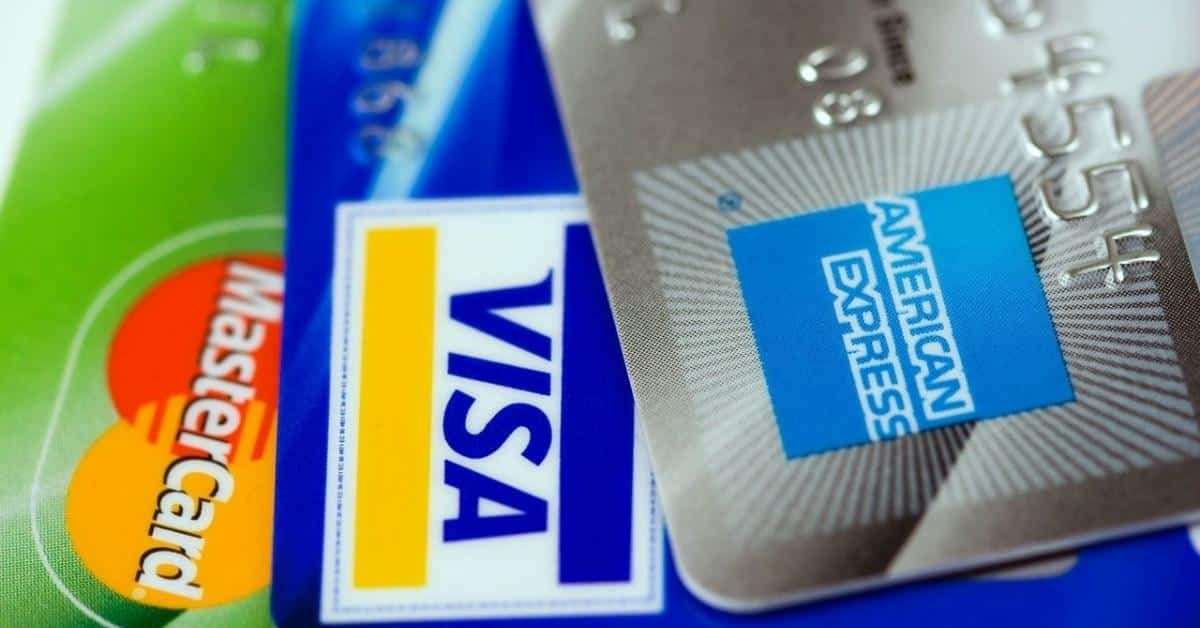
Then, you can use the card to pay for your purchase when you have enough. It is a convenient way to pay for things. However, it is not like a credit card. Prepaid cards are more like a checking account.
You can think of prepaid cards more like debit cards. You can only spend what you have in the account. Prepaid card issuers do not issue you credit or report any 'credit' activity.
If you do not have a bank account or owe a bank, you can use a prepaid credit card to pay many bills. However, prepaid cards do not allow you to complete some purchases that major credit cards allow.
Prepaid cards have some limitations that typical credit cards do not have.
Some of the purchases you might not be able to make with a prepaid card include:
The restrictions may make it challenging to pay for some items as these cards do not work like major credit cards.
Secured credit cards are similar to prepaid cards in that you pay an initial payment to open the card. Unlike a prepaid card, the initial payment for a secured card is like a security deposit, which is why banks call them secured cards.
With your security deposit, the bank will extend you credit. After the initial security deposit payment, your secured card works just like any other major credit card. There are even cards that offer cash back and travel rewards, and you can use a secured credit card to book rental cars, pay bills, and buy things online.
Each month, the card issuer sends you a bill with the total amount owed on the card and the minimum payment. You must pay at least the minimum payment to keep the account current. If you miss a payment, the card issuer will report the late payment to the credit bureaus.
However, they also report all of your on-time payments, which helps you to build your credit history. Periodically, the bank will review your card history and credit report to determine if you are eligible for credit increases. If your credit history is positive, the issuer may also return your security deposit and transition your card to an unsecured account.
You can get a secured credit card through most banks. Typically they require a payment of around 75 percent of the card limit. The credit limits available depend on the issuer and your credit history. However, there are secured cards with limits as high as $5,000.
Several credit building applications offer a virtual secured credit card. You pay a security deposit, and they issue you a secure credit card that you can use for online and in-store purchases if the merchant has a tap-to-pay card reader.
Virtual secured cards work just like having a physical card. They report to the credit bureaus. You just do not have a physical card.
When you deposit money on a prepaid card, you do not have to pay the money back. You load more money when you need to use the card. It does not adversely affect your credit score if you cannot load money on the card for a while.
When you use a secured credit card, the issuer reports to the credit bureaus. You have to use them like you would any other major credit card.
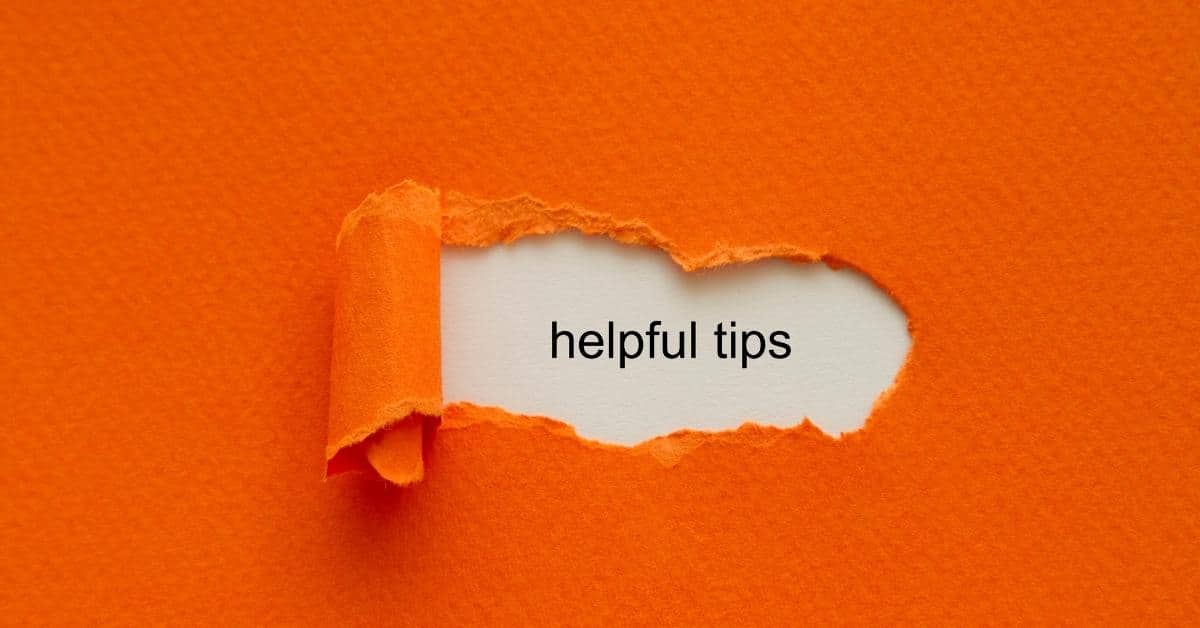
It sounds like getting a secured card is a great way to build your credit, and it is, but you first need to make sure that you can pay back purchases. If you are strapped for cash, paying a credit card payment can be challenging.
If you are unfamiliar with using credit and need money, it can be easy to charge something and worry about how to pay it later. However, even a small purchase can negatively impact your credit if you do not have the cash flow to pay it off.
Your method for keeping track of your monthly finances depends on your personal preferences. If you are good at managing things online, you should set up auto-pay.
You can usually make payments through your account application if you get a secured card through your bank. Your credit card balance and due dates will also appear under your list of accounts, making it easy to make payments and manage your credit card balance.
You can likely apply for a secured card through your bank if you have a bank account. Setting up a relationship that includes several accounts of different types with a single bank is a good idea. It helps establish a long-term banking relationship and makes it easier to go to your bank for loans even if you do not have a substantial credit history.
Your bank will look at your complete history over time when considering you for loans. Plus, you can speak to your banker about different options for building your credit.
Part of learning to build credit is learning good financial habits. If you only use your card to make planned purchases, it is easier to create healthy spending habits. It is easier said than done. However, with diligence, you can learn how to spend responsibly.
You should always treat credit purchases the same as cash. If it would put you behind financially to spend your money on a purchase, you should not use credit to buy it.
Many people think that credit cards are there to purchase things you want and pay them off over time, which can be used for that. However, you always want to ensure you have the money to pay off credit card purchases before you spend.
If you make purchases on a secured card that you plan to pay off over time, at the very least, you need to factor the monthly minimum payments into your budget. Then, wait until you pay off the purchase before you make another.
When you keep a high balance on your credit cards, it reflects poorly on your credit score. It can reduce your credit score by 50 to 100 points. Even if you make your payments on time, having a high card balance will negatively impact your score.
Many people use credit cards to earn travel points or cashback. If you do, pay the card down to below 30 percent of the monthly limit. Otherwise, your credit report will show that you have high credit usage, and your score will go down.
You need to keep a balance or use your cards regularly if you want the bank to keep them open. Otherwise, the issuer may close your card and return your initial security deposit.
When a bank closes one of your accounts, it can lower your credit score, especially if it is one of your oldest accounts.
You will want to keep your secured card open for a long time to build a high credit score. Closing the account will lower your credit score significantly once you have had it open for some time.
So, you want to ensure you do not have to pay an annual fee to keep your account active. Many secured cards offer no annual fee.
Cards issued by central banks are great for building your credit. However, there are many options out there that offer little credit and charge high fees.
Just because you have little or no credit does not mean you should subject yourself to predatory lenders. You pay a deposit when you open a secured card, so you give the bank money before you spend any of yours.
Do not be so eager to build your credit that you give your money to the wrong bank. The best cards are usually the ones issued by central banks.
If you do your banking at a national financial institute, consider applying for a secured card through your bank.
Getting a secured card is not the only way to build your credit. There are many other ways that you can earn a good credit score.
Store cards can be easier to qualify for if you have no credit. However, store cards can be harder to manage.
You must make sure you pay down the balance on store cards quickly. Most issuers of department store cards do not report your card limit. They convey your high balance.
If you pay the minimum payment of $50 on a $500 purchase for a card with a limit of $5,000, a lender pulling your credit will not know that you have only used ten percent of your card. Instead, you will appear to have a $450 balance on a card with a $500 limit.
Having someone add you as an authorized user to their card can help you build your credit profile. However, you have to be careful about who adds you as an authorized user.
Once added to someone's card, their payment history reflects on your credit profile. The card owner may have other positive accounts to counteract a few late payments, but when you are building your credit, even one or two slow payments will significantly impact your credit score.
Furthermore, you must use the card wisely. Otherwise, it will impact both your (and the card owner's) credit negatively. Do not use the card if you cannot make payments on time. Have your friend or family member hold on to this card.
Experian allows you to add utility bills, rent payments, cable and internet payments, and even monthly subscription services to your credit report. If you lack an Experian score, taking advantage of this feature could give you a credit score.
To receive credit for paying these bills, you need a national bank account that connects to the Experian site. Once you add your bank account, the Experian Boost app will scan for bills you can add.
You then have the option of choosing the bills you want to report. You can also remove them later. However, removing your bank account or specific bills may negatively impact your score.
If you have been using a prepaid card as an alternative to a bank account for paying monthly bills, you will have to open an account at a central bank before using the Boost feature through Experian.
If you are a student, you can likely get an unsecured credit card. Banks often issue student credit cards to college students. So, this may be a good option if you are going to school. Just be mindful of your spending, as these cards often have higher initial limits.
Conn's accounts are beneficial for building credit. When you buy with Conn's financing, you apply for a specific amount to cover that particular purchase. If you are approved, Conn's will open a retail installment account for you. It is similar to an auto loan. You have terms that you must adhere to that specify the monthly payment amount and date.
You can pay the purchase back and apply for other purchases, but you do not have an open credit card. If you do not qualify for Conn's in-house financing, they may refer you to other lenders who work with borrowers who have not had as much time to build their credit and people trying to rebuild.
Auto loans can help you build credit, and if you have a stable job, they are sometimes easier to get than an unsecured credit card. While you need a mix of accounts to build a strong credit profile, if you take out an auto loan and pay your payments on time each month, it will go a long way toward helping you build positive credit.
Furthermore, auto loans are categorized differently from credit cards in credit models. So, if you want to get approved for a mortgage, auto loans are considered a better indicator of your ability to repay a home loan.
Opening a bank account will not directly impact your credit profile. However, it will make applying for some types of credit more accessible. It can also help you to add bills you regularly pay to your credit profile through the Experian Boost feature. When opening a bank account, make sure to use a national bank. That way, you will have access to free ATMs across the country, and you can connect your account to Experian Boost.
When you open a bank account, your bank will issue you a debit card which you can use like a prepaid credit card to pay bills and make purchases in stores and online.
Now that you know the difference between prepaid and secured credit cards, let's read the answers to some frequently asked questions. They are highly informative and may help you better understand the limits of prepaid credit cards.
When you load money onto a prepaid debit card, accessing the funds via an ATM can be challenging. These cards give people without a credit card the ability to make credit card purchases, but they make it more difficult to pay bills at times. Another disadvantage of prepaid credit cards is that they do not report your payment history to the credit bureaus.
If you set up your prepaid card, you should be able to use it to complete debit and credit card payments. If you want to use it as a debit card, you will enter the pin you selected when you set up your account. If you use the card as credit, you will have to sign for the purchase on a printed receipt or the pin pad.
While you can choose the credit option for in-store purchases, you are not able to make some purchases you would be able to make with a major credit card. For example, many hotels will not let you use a prepaid card to rent a hotel room. You may also be unable to pay for gas at the pump, rent a car, or pay some utilities with a prepaid card.
According to Experian, one of the major credit bureaus, leaving a small balance on your cards does not positively impact your credit. Leaving a small balance can help prevent account closures that can negatively impact your average age of accounts. However, it is best to ensure that your credit payments are on time.
If carrying a balance causes you to miss payments, it is not worth leaving a balance on your cards. Furthermore, if you use your credit cards frequently, the card issuer should not close your account without first notifying you.
The most important thing to remember about prepaid cards is that they do not help to build your credit score. Instead, if you want to build credit, you can start with a secured card. It works like a traditional credit card, except you must make an initial deposit before the bank opens the account or issues the card.
You can also open a bank account and use your debit card to make everyday purchases. Opening a secured card and bank account at the same bank will make it easy for you to pay your monthly credit card payments on time, which is essential to building a favorable credit profile.